Beth Mole

Trustworthy journalism comes at a price.
Scientists and journalists share a core belief in questioning, observing and verifying to reach the truth. Science News reports on crucial research and discovery across science disciplines. We need your financial support to make it happen – every contribution makes a difference.
All Stories by Beth Mole
-
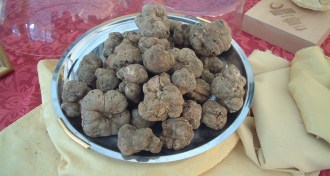 Life
LifeMicrobes’ role in truffle scents not trifling
Truffles make their prized aroma with a little help from their microbes, chemists suggest.
-
 Environment
EnvironmentFracking doesn’t always go to great depths
Fracking at shallow depths is unexpectedly common in the United States and raises new concern for drinking water contamination.
-
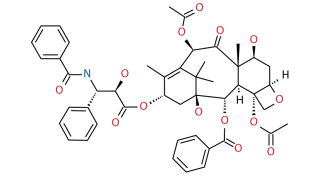 Chemistry
ChemistryBiology may provide just the right chemistry for new drugs
Using enzymes and microbes to make new drugs may help revive the pharmaceutical industry.
-
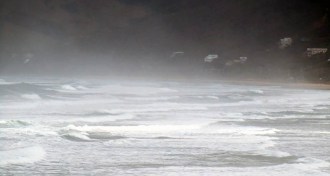 Oceans
OceansBlooming phytoplankton seed clouds in the Southern Ocean
Booming phytoplankton populations spark cloud formation in the Southern Ocean.
-
 Life
LifeA downy killer wages chemical warfare
The common fungus Beauveria bassiana makes white downy corpses of its victims.
-
 Tech
TechFlame-finding pistols set off decades of blazing technology
Researchers unveiled a gun-shaped flame detector in 1965
-
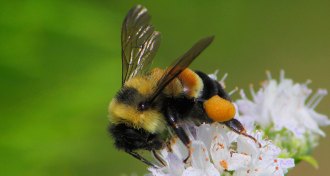 Climate
ClimateBumblebee territory shrinking under climate change
Climate change is shrinking bumblebee habitat as southern territories heat up and bumblebees hold their lines in the north.
-
 Chemistry
ChemistryMissing enzyme to blame for scentless roses
The unusual enzyme behind roses’ sweet smell may help researchers revive the flower’s potent aroma.
-
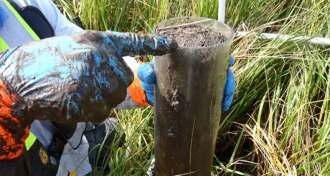 Environment
EnvironmentOil-munching microbes cleaning up Gulf marshes faster than expected
Microbes in some of Louisiana’s marshes are breaking down oil from the Deepwater Horizon spill faster than expected.
-
 Microbes
MicrobesSpore-powered engines zoom ahead
Engines that run on the dehydration of bacterial spores can power a tiny car and an LED.
-
 Physics
PhysicsCommon campfire build confirmed as best
A standard method for building fires, making the height about equal to the width, is the most efficient structure for stoking the hottest flames, calculations show.
-
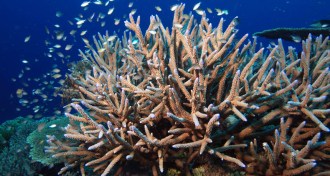 Climate
ClimateReal estate is tight as marine species move to cooler waters
Marine species migrating amid global warming face shrinking habitats in cooler locations.